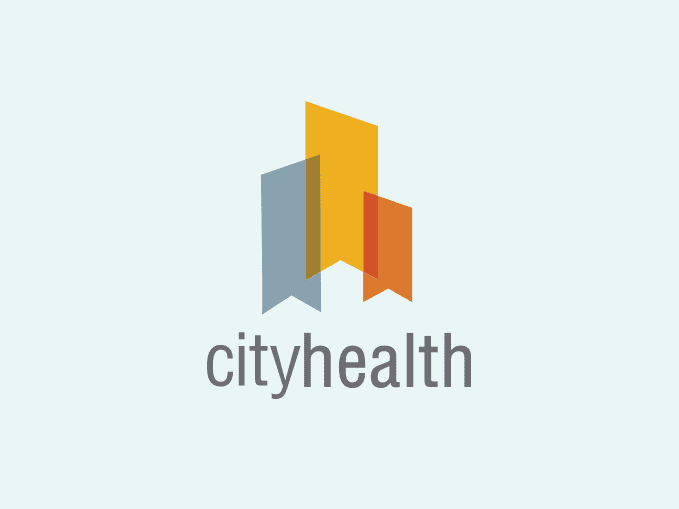Nationwide, the number of cities offering public pre-K for young children is expanding, but many of the programs they offer lack the quality that leads to long-term benefits for kids, according to the recently released report by CityHealth, an initiative of the de Beaumont Foundation and Kaiser Permanente, in partnership with the National Institute for Early Education Research (NIEER). That means cities could be missing opportunities to ensure that children are healthy and making cognitive and social-emotional gains.
The report looked at quality measures and access to pre-K to determine how cities stack up and then awarded bronze, silver and gold medals based on these factors. The highest scores went to cities enrolling more than 30 percent of the 4-year-old population in preschool and to cities that met eight of the 10 evidence-based quality benchmarks that are widely recognized as contributing to the long-term benefits of pre-K. The report also looked at how preschool teachers’ salaries compared to those of public K-12 teachers and whether cities had dedicated funding streams to expand and improve programs.




